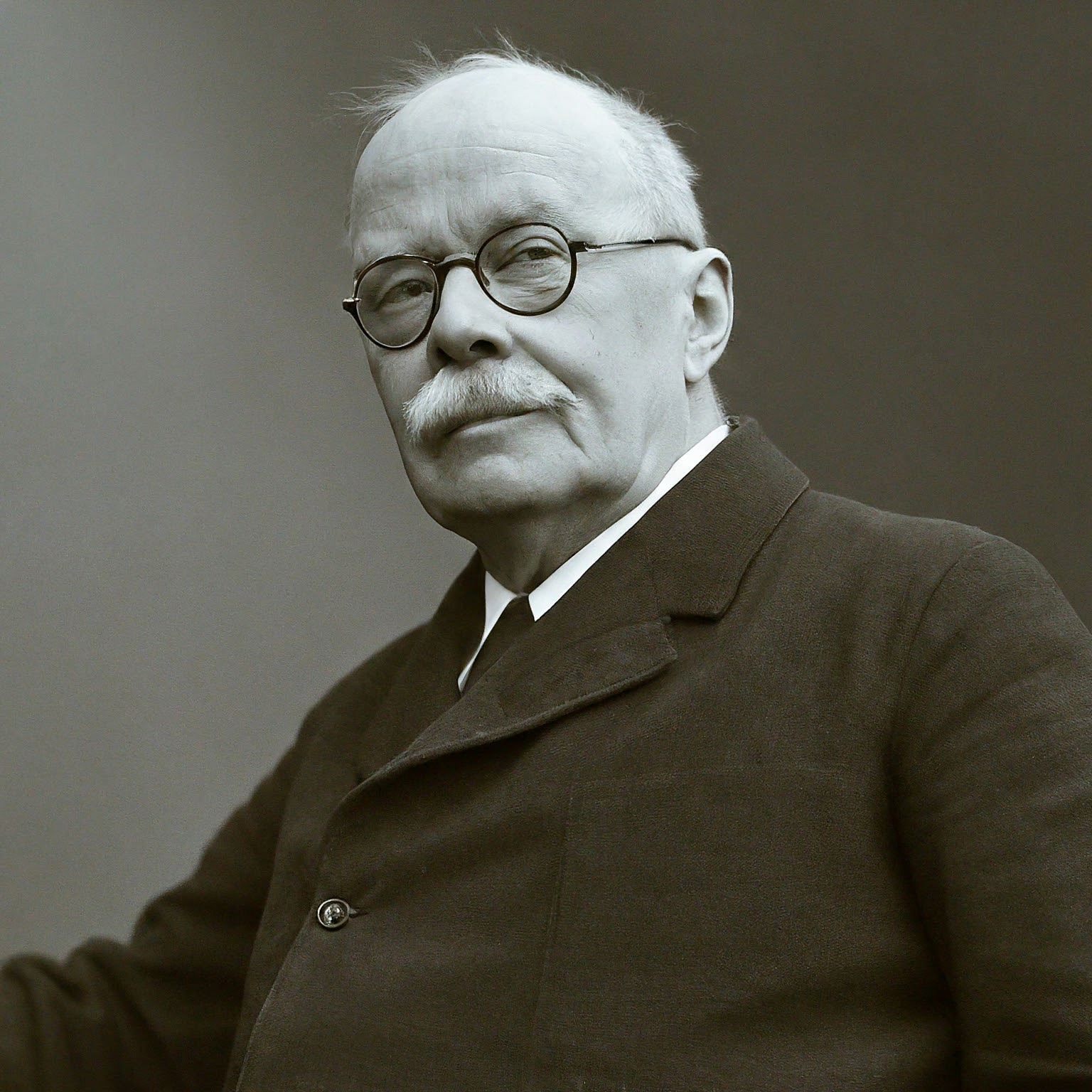Jean-Paul Sarte
Jean-Paul Sartre was a prominent philosopher, novelist, and playwright, known as the leading exponent of existentialism in the 20th century.
Philosopher
June 21, 1905
Cancer
April 15, 1980
74
Paris, France
Jean-Paul Sartre (1905-1980) was a renowned French philosopher, playwright, and novelist who played a significant role in the development of existentialism. His most well-known work, “Being and Nothingness,” delves into the concepts of human freedom and responsibility. During World War II, Sartre actively participated in the French Resistance. In 1964, he was awarded the Nobel Prize in Literature. Among his other notable works are “No Exit,” “The Wall,” and “Nausea.” Sartre maintained an open relationship with feminist philosopher Simone de Beauvoir, and together they challenged societal norms through their thoughts and lifestyles. His contributions greatly impacted existentialism, phenomenology, and philosophical anthropology.
















